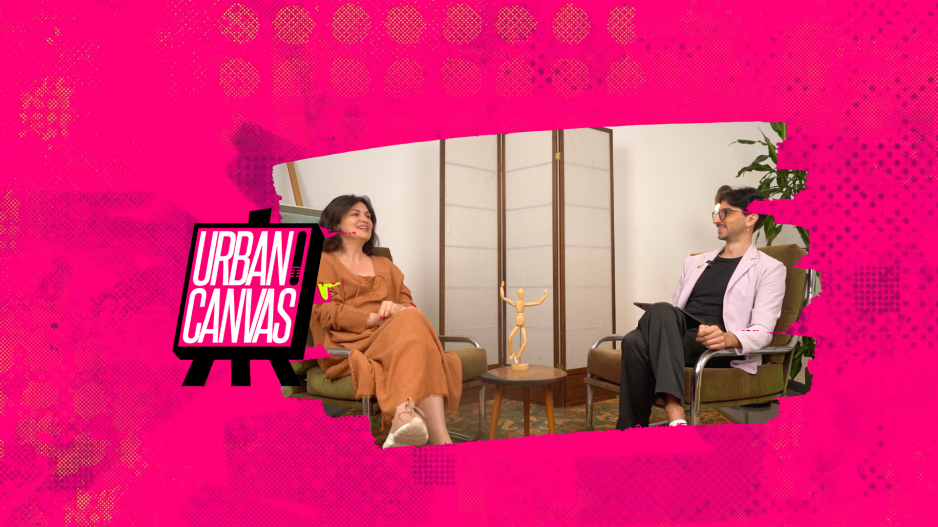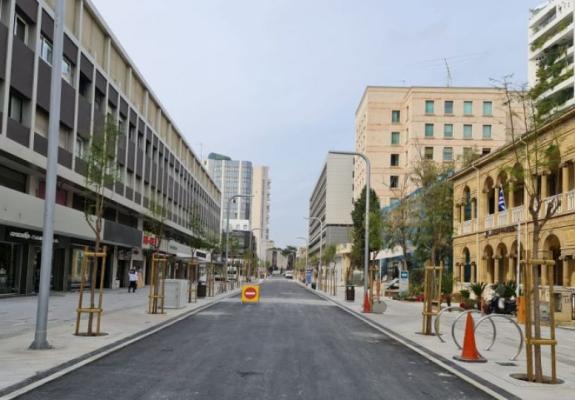Urban Canvas: Transforming Classical Music
Season 1, Episode 4: The Storytelling Artistry of Matea Leko
In a world where classical music often feels confined to concert halls and rigid formalities, Croatian pianist Matea Leko is rewriting the rules—quite literally. A gifted musician and creative force behind Musical Stories, Matea blends classical repertoire with immersive storytelling, set against the backdrop of breathtaking venues. From ancient amphitheaters in Cyprus to grand castles in Slovenia, her performances aren’t just recitals—they’re journeys.
Appearing on Urban Canvas, Matea shared how her mission began: with a sense of detachment she felt as a performer in the traditional classical music world.
“It took me a long time to allow myself to do something different,” she explained. That moment arrived during her pregnancy, when a surge of creativity inspired her to turn her lockdown YouTube project into a full-fledged live experience.
The result was Musical Stories—concerts designed to engage all the senses. Each event is carefully curated, from the choice of stunning location to the selection of music, guest speakers, and even cocktails. “If you're taking time out of your busy life, it should be a beautiful experience,” she said.
Matea’s approach is rooted in accessibility. She doesn’t just play Beethoven—she tells his story. She draws connections between contemporary music and classical compositions, such as the Succession theme and Beethoven’s Pathétique Sonata, illustrating how composers from centuries ago struggled with the same very-human challenges we face today: love, anxiety, creative block, and financial pressure. “They just didn’t have social media,” she laughed.
This storytelling dimension helps her audiences—many of whom have no classical background—see the music as relevant and emotional. “It’s not just for snobs or grand concert halls,” she added. “It’s music that transfers emotion. Everyone can connect with something.”
Beyond artistry, Matea’s work touches on wellness. She collaborates with mental health professionals to weave short interviews into her concerts, tackling themes like anxiety and relationships. For her, music is therapy—whether it’s a heartbreak anthem on repeat or a playlist for sleep. “We all use music without realizing its healing power,” she noted.
In a world that feels increasingly overwhelming, especially for younger generations, Matea sees her work as a needed alternative: an escape that’s both soothing and thought-provoking.
Despite her elegance and precision on stage, Matea is refreshingly honest about the behind-the-scenes chaos. Recording at home during the pandemic was a crash course in tech. “I’m a pianist, not a sound engineer,” she laughed, recalling her trials with microphones and lighting. And even today, nerves before a show haven’t left her—but she’s learned how to manage them, combining music with yoga, pilates, and a deep connection to her body and mind.
That inner balance fuels her creativity. “You have to be like a child again—curious, playful. That’s the best state to create from.”
As for what moves her most? It’s not a lofty sonata, but a song by Antonis Remos—a Greek ballad she discovered in her local convenience store. “I don’t even understand the lyrics, but I can feel the suffering,” she joked, adding that most of her Greek music education comes from eavesdropping on dramatic songs in the early morning hours.
Matea dreams of performing in Hamburg’s Elbphilharmonie and she’s also begun writing original compositions—starting with a love song for her husband—and hopes to release more soon.
Whether in a candlelit theater or an ancient ruin, one thing is clear: Matea Leko isn’t just playing music—she’s building experiences that speak to the heart, soul, and imagination.






